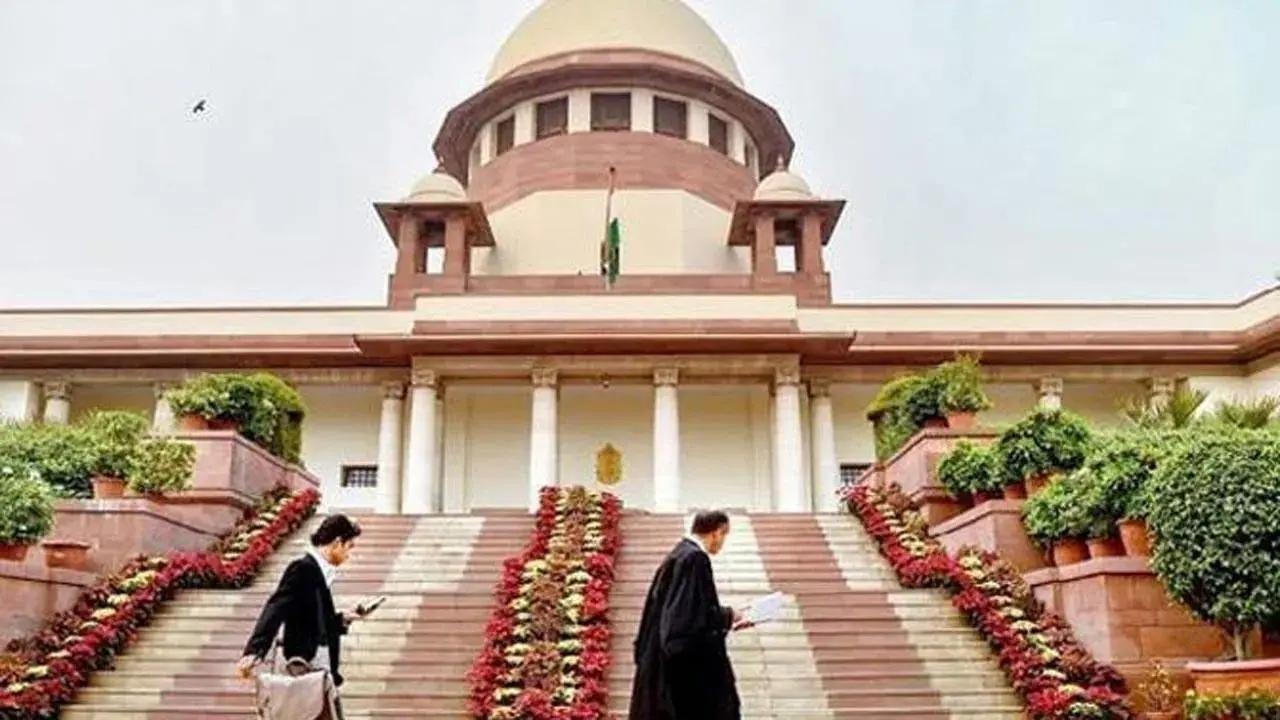The bench said the court cannot ask the government to take a particular decision as the issue fell within the policy-making domain of the executive

Representative image. Pic/Istock
The Supreme Court on Monday dismissed a Public Interest Litigation seeking declaration of Netaji Subhas Chandra Bose's birth anniversary on January 23 a national holiday, calling the petition a "mockery of PIL" and noting such decisions are part of the government's policy.
ADVERTISEMENT
A bench comprising Chief Justice D Y Chandrachud and Justice J B Pardiwala junked the plea saying, "The best way to recognise the services of Netaji is to work hard as he worked hard for India's Independence."
The bench said the court cannot ask the government to take a particular decision as the issue fell within the policy-making domain of the executive.
"Whether a national holiday is to be declared is a matter of governmental policy. The Supreme Court cannot direct that," the bench said while refusing to hear the plea which also sought directions to build a memorial hall and museum in the memory of Bose in the national and other state capitals.
Also Read: Why not await EC decision on 'bow and arrow' election symbol, ask HC
While junking the PIL, the bench asked the petitioner not to add to the existing number of public holidays.
The court said lawyers should think twice before filing PILs as to whether the relief sought is judicially manageable or not.
"You must also take the jurisdiction of the Supreme Court seriously. You have to ask yourself first, can this matter be judicially resolved. You like blue skies, you cannot say that issue direction for the blue skies," the bench said.
"You are wasting other litigants' time. You cannot make a mockery of the PIL," it said, while rejecting the plea filed by a man named K K Ramesh.
This story has been sourced from a third party syndicated feed, agencies. Mid-day accepts no responsibility or liability for its dependability, trustworthiness, reliability and data of the text. Mid-day management/mid-day.com reserves the sole right to alter, delete or remove (without notice) the content in its absolute discretion for any reason whatsoever.
 Subscribe today by clicking the link and stay updated with the latest news!" Click here!
Subscribe today by clicking the link and stay updated with the latest news!" Click here!








